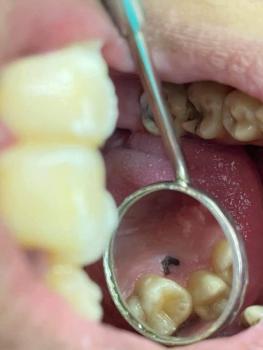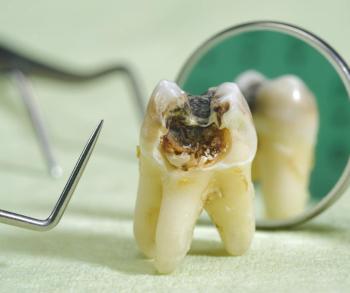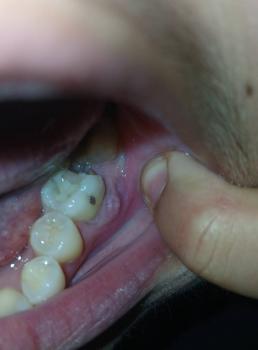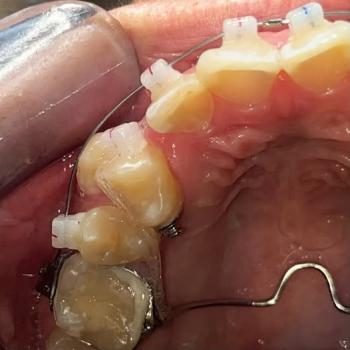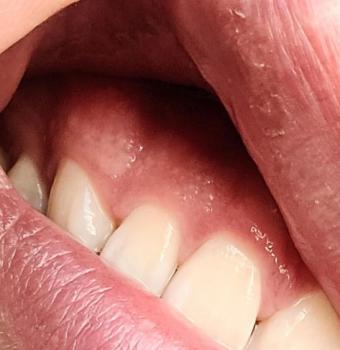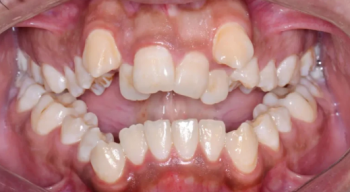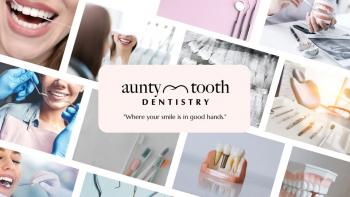Smile Again with Comfort and Confidence.
Silent Alarm: How Bleeding Gums Can Risk Your Baby's Future (A Must-Read for Young Moms)
Language :
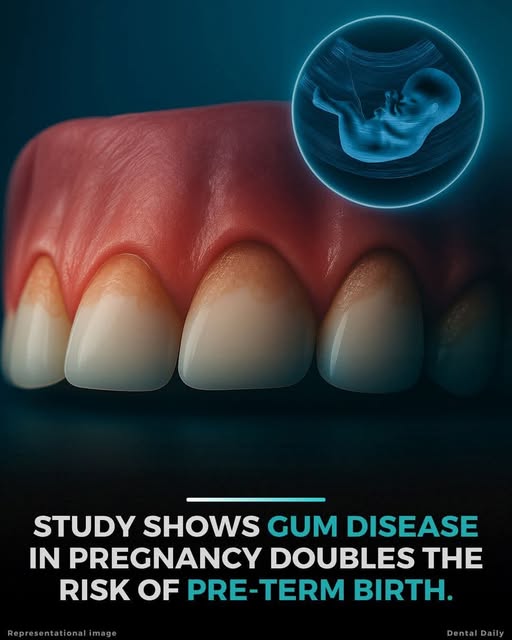
Topics:
The Unseen Danger: When a Smile Hides a Risk
Maria, 17, from Tondo,
scrolled through her phone at 2 AM, a cigarette in one hand. Between the stress of school she was trying to finish and the overwhelming reality of her pregnancy, sleep felt impossible. Her gums had been bleeding when she brushed for weeks, but she thought it was normal—"sensitive teeth," her friends said. She was too scared and too tired to see a dentist. Her lola told her to just rinse with salt water.
What Maria didn't know was that the silent inflammation in her mouth was sending signals throughout her body—signals that could put her unborn baby at risk.
The Shocking Mouth-Body Connection You Can't Ignore
Source: Multiple large studies have confirmed a powerful mouth–body link during pregnancy. Women with gum inflammation or periodontitis face nearly double the risk of pre-term birth and low-birth-weight babies.
Here’s what’s happening inside:
-
Pregnancy hormones make your gums a target. They become more reactive to plaque, leading to redness, bleeding, and tenderness (a condition called pregnancy gingivitis).
-
This isn't just "sore gums." Bacteria from the infected gums can enter your bloodstream.
-
Your body, trying to fight this infection, goes into high alert, creating widespread inflammation.
-
These inflammatory molecules can travel to the uterus, potentially triggering early labor and affecting the placenta, which is your baby’s lifeline.
The Teenage Triple-Threat: Why Young Moms Are More at Risk
For teenagers like Maria, the risk isn't just about hormones. It's a perfect storm:
-
Smoking & Vaping: Cigarettes and vapes drastically reduce blood flow to the gums, weakening their defenses and accelerating gum disease from a minor issue to a severe one.
-
Lack of Sleep: Chronic sleep deprivation wreaks havoc on your immune system. Your body loses its ability to fight off the bacterial attack happening in your mouth.
-
Poor Nutrition & Stress: Cravings for sugary snacks and the immense stress of a teenage pregnancy create the ideal environment for gum disease to thrive.
This isn't rare. Studies estimate that up to 7 in 10 pregnant women develop some degree of gum inflammation. For young moms facing additional challenges, the odds are even higher.
A New Hope: Your Simple, Powerful Action Plan
Maria’s story doesn’t have to end in fear. When a community health worker visited her school, Maria learned the truth. She was scared, but empowered. Here’s the plan she followed—a plan every young mom can use:
1. The "Tell-All" Dental Visit
-
It's safe, confidential, and non-judgmental. Tell your dentist you're pregnant. The best time for a cleaning is during your second trimester, but a check-up is urgent at any time.
-
This is not a luxury; it's as vital as your prenatal check-up. Many local health centers (health centro) offer free or low-cost consultations.
2. The Sleep-Smoke Swap
-
Sleep is Medicine: Aim for 7-9 hours. Create a phone-free bedtime ritual. Even short naps count. This strengthens your army (your immune system) to fight gum disease.
-
Kick the Stick: Quitting smoking is the single best thing you can do for your gums and your baby. Ask your doctor about support programs. Every cigarette you don't smoke is a win.
3. The 2-Minute Rescue
-
Your toothbrush is your most powerful weapon.
-
Brush for two full minutes, twice a day. Use a soft-bristled brush to be gentle on sore gums.
-
Floss once a day. It doesn't matter if it bleeds at first—that's the inflammation you're cleaning out. The bleeding will stop in a week if you're consistent.
You Are the CEO of Your Health
Maria took charge. She cut down on smoking, prioritized sleep, and mustered the courage to see a dentist. Her pregnancy wasn't easy, but she delivered a healthy, full-term baby girl. She now knows that taking care of her own health is the first and most important act of motherhood.
Your smile is not just for selfies. It's a window to your baby's health. Listen to its signals. Bleeding is a silent alarm—don't ignore it.
Share this with a friend who needs to know. You could help save a baby's future.

